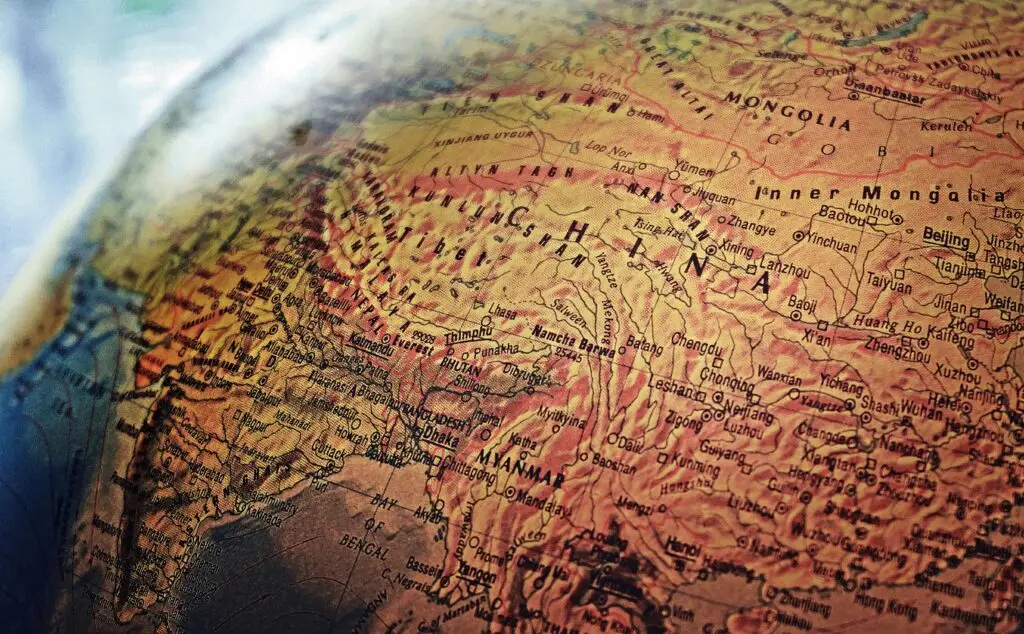India’s worldviews are deeply rooted in its rich history, culture, and philosophical traditions. These traditional sources have shaped how India perceives the world and its role in international relations. Here are some of the key traditional sources of India’s worldviews:
1. Ancient Philosophical Traditions:
a. Non-Violence (Ahimsa): The concept of ahimsa, or non-violence, has had a profound influence on India’s worldviews. It is derived from Indian philosophies, particularly Jainism and Buddhism, and is famously associated with Mahatma Gandhi’s non-violent struggle for India’s independence. This principle underpins India’s advocacy for peaceful coexistence and conflict resolution through dialogue and diplomacy in its foreign policy.
b. Dharma: Dharma refers to the ethical and moral duties that guide individuals and societies. It plays a significant role in Indian thought, including Hinduism, Buddhism, and Jainism. In international relations, India’s adherence to dharma is reflected in its commitment to upholding principles of justice, fairness, and ethical conduct.
2. Historical Experiences:
a. Colonial Legacy: India’s experience with colonialism under British rule has deeply influenced its worldviews. The struggle for independence against colonial powers fostered a sense of self-reliance, sovereignty, and the desire to pursue an independent foreign policy. India’s post-independence foreign policy aimed at avoiding dependency and external domination.
3. Cultural and Religious Heritage:
a. Pluralism: India’s diverse cultural and religious heritage has contributed to its worldview of pluralism. The coexistence of multiple religions, languages, and traditions within India has informed its commitment to inclusivity and diversity in international relations. India champions the idea that multiple worldviews and ideologies can coexist peacefully.
b. Yoga and Meditation: The practice of yoga and meditation, which originated in India, has gained global popularity. These practices reflect India’s focus on inner peace, mental well-being, and holistic living. In international diplomacy, India promotes these practices as means of fostering mental and spiritual well-being, particularly through the United Nations.
4. Vasudhaiva Kutumbakam (The World is One Family):
This ancient Indian concept reflects India’s belief in the interconnectedness of all beings and nations. It encourages a sense of global responsibility and solidarity. In international relations, this philosophy guides India’s approach to addressing global challenges, such as climate change and poverty, by advocating for collective efforts and cooperation.
5. Historical Trade Routes and Cultural Exchanges:
India’s historical trade routes, such as the Silk Road and the Spice Route, facilitated cultural exchanges with neighboring regions and distant lands. These exchanges enriched India’s culture and worldviews, making it open to diverse influences and fostering a sense of cosmopolitanism.
6. Epics and Literature:
a. Mahabharata and Ramayana: These ancient epics contain moral and ethical teachings that continue to influence India’s outlook on justice, duty, and the consequences of actions. They provide guidance on how to navigate complex international relations with a sense of righteousness.
7. Gandhi’s Principles:
The teachings of Mahatma Gandhi, who led India to independence through non-violent resistance, have left an enduring impact on India’s foreign policy. His emphasis on truth, non-violence, and the dignity of all human beings shapes India’s commitment to peace, diplomacy, and human rights in the international arena.
In summary, India’s worldviews are deeply rooted in its ancient philosophical traditions, historical experiences, cultural and religious heritage, and its commitment to values such as pluralism, non-violence, and the interconnectedness of the world. These traditional sources continue to guide India’s approach to international relations, shaping its foreign policy and interactions with other nations.
Refer Egyankosh ebook for more.


